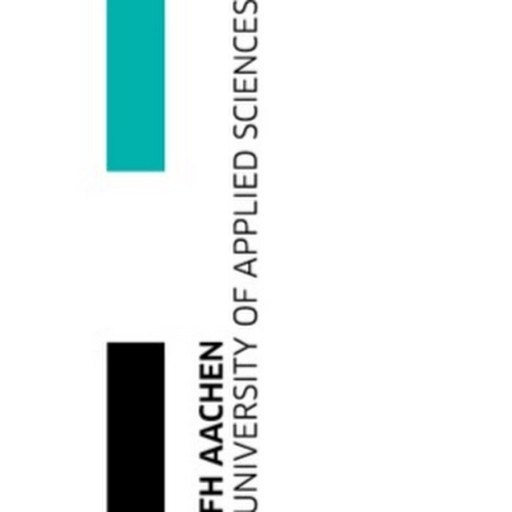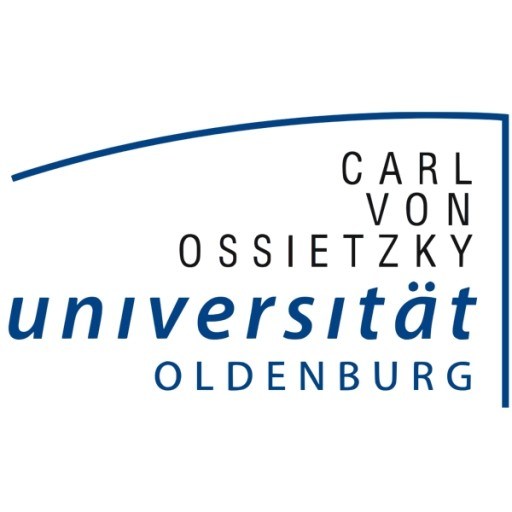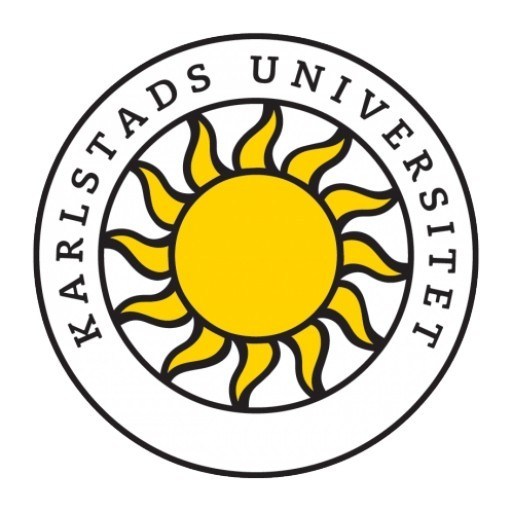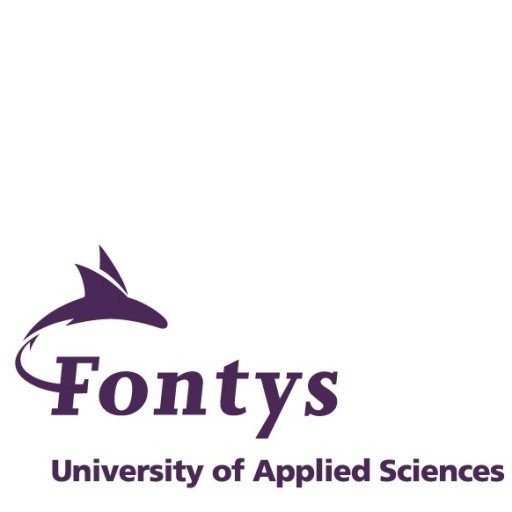Photos of university / #fh.aachen.gestaltung
The Bachelor of Physical Engineering is tailored to meet the needs of modern engineering, concentrating on aspects of mechanical and electrical engineering, measurement, control and regulation technology, physics, laser technology, microtechnology, and nanotechnology. Students are able to plan and construct technical apparatus, develop measurement and manufacturing processes, simulate technical systems with mathematical models, and undertake experiments as part of research and development projects. They are able to develop test runs, monitor production processes, test finished products, and take part in the technical operation of heavy plant equipment.
In the first three semesters, students learn the basics of physical engineering, including mathematics, physics, chemistry, technical mechanics, and electrical engineering. Later, students focus on
- laser techniques and optical technology
- semiconductor technology and nanostructures
- CAD/CAM technology and machine design
- measuring and control systems
Our modern, well-equipped labs play a major role in ensuring that students are later able to apply their knowledge to their chosen careers. Advanced students plan projects together, work towards a common goal, and then present the results in a written report as well as to the class.
Students can complete their Bachelor's projects in industry or at the nearby Research Centre Jülich (http://www.fz-juelich.de) as well as in the laboratories of the university.
Some students choose to continue in a Master's programme, such as our English-language Master of Science in Energy Systems or Master of Science in Biomedical Engineering or another Master's programme offered at our university or another institution.
More details about the programme are available on our website: http://www.fh-aachen.de/en/university/ios/.
Educational organisation
During the first three semesters, students focus on basic sciences and engineering courses. Starting in the fourth semester, students focus on their specialisation. Each student is assigned a mentor upon enrolment.In the sixth semester, each student conducts the research for a practical project in addition to the Bachelor's thesis.
Study abroad unit(s)
It is possible to spend a semester at a partner institution of higher education, either in Germany or abroad. The FH Aachen has over 100 partner universities. We strongly encourage German students to spend a semester abroad. However, due to visa restrictions, this is not always possible for international students.Internships
Students are required to complete an eight-week internship related to their field of study before enrolment.The purpose of the internship is to give students practical experience in their chosen field and to expose them to a working environment.
Forms of assessment
There are three periods of written exams each year: February/March, July and September.The degree programme concludes with a Bachelor's thesis, which the student presents in a colloquium.
Course objectives
Bachelor of Physical Engineering with a strong practical focus in six semesters.Well-qualified students may continue on to a Master's programme, such as our English-language "Master of Science in Energy Systems" or "Master of Science in Biomedical Engineering" or another Master's programme offered at our university or another institution. Other students find jobs in industry or research.
Language requirements
Applicants must provide proof of their German and English skills.English: IELTS 4.5 or TOEFL iBT 53
German: level B2 of the Common European Framework of Reference for Languages
Required DSH / TestDaF
YesAcademic requirements
German entrance qualification for universities of applied sciences or equivalent (http://anabin.kmk.org)Eight weeks of required internship must be completed before enrolment.
Many international students do not fulfil these requirements, but can qualify through the "Freshman Year" (http://www.fh-aachen.de/en/university/freshman/).
Enrolment fees
The student activity fee is currently about 250 EUR per semester.Costs of living
Approx. 700 EUR per month, including mandatory health insuranceThe semester ticket (included in the student activity fee) includes free use of public transportation in the German state of North Rhine-Westphalia.
Job opportunities
Applicants should not count on financing their stay in Jülich or Aachen by working part-time during their studies; however, some students are successful in finding part-time jobs either at the university or elsewhere.Arrival support
Assistance for new students upon arrival includes help with enrolment procedures, new student orientation, and an intensive German language course before the beginning of the semester.Services and support for international students
Assistance with cultural and social issues, as well as academic advising and tutoring are available.Accommodation
Some students live in student dormitories. Other students generally live in shared apartments in which each student has his or her own room. Living areas, bathrooms, and cooking facilities are shared. Furnished rooms start at about 275 EUR per month plus about 75 EUR per month for electricity, water, and heating. Most rooms require the first month's rent and a security deposit of one to three months' rent in advance before you can move into the room. If the room is in a good condition when you move out, your security deposit will be returned.International students can place their names on a waiting list for the student dormitories after they have arrived in Jülich and are enrolled.








